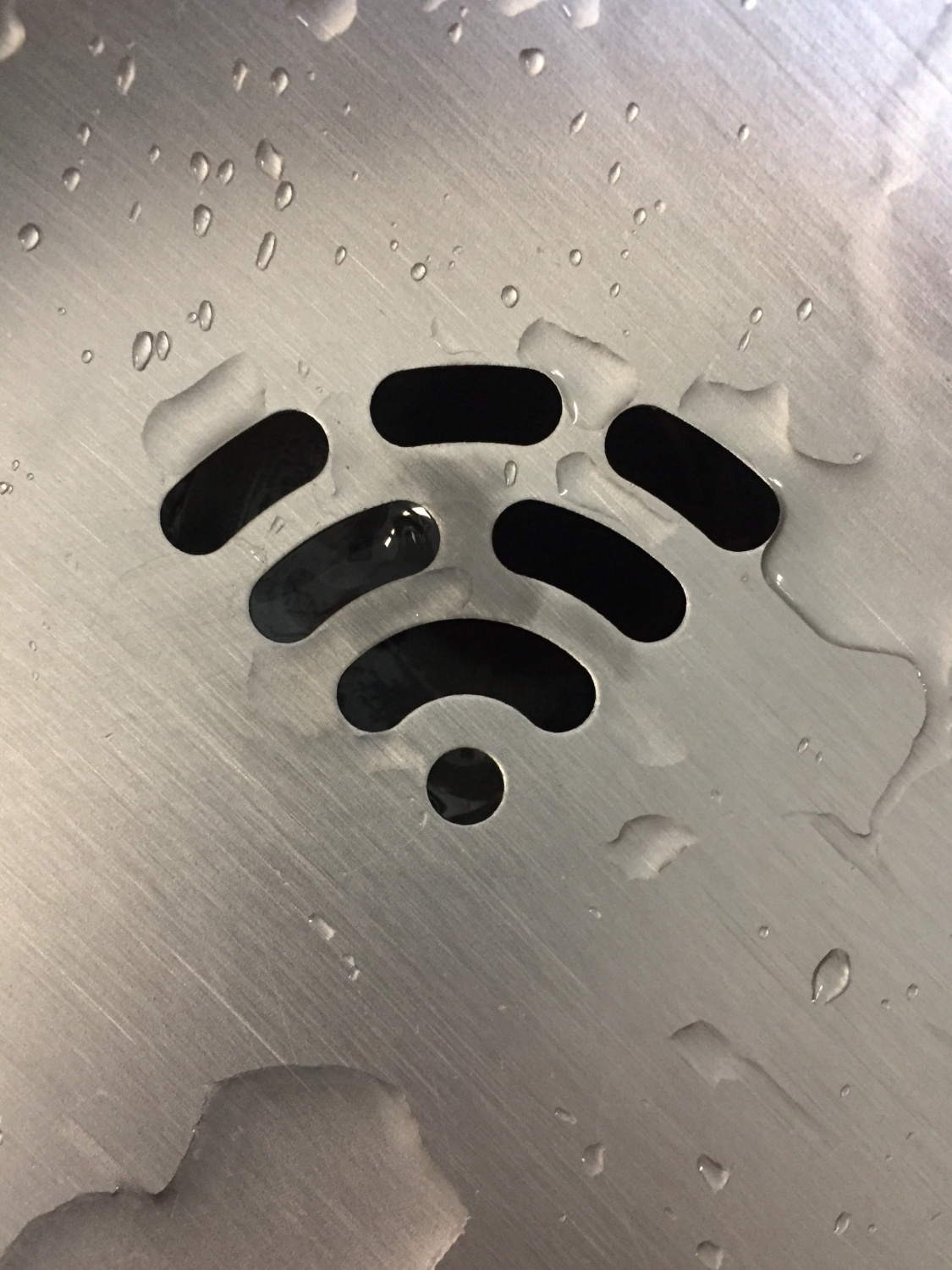
Playing online, whether you're on a PC or a console, requires a strong internet connection. We all know how frustrating it can be to have a heated online match decided not by your skill but by a spike in your ping or an untimely loss of internet connection.
The good news is that there are plenty of ways to help boost and protect the quality of your internet connection. Here are some tips you can try.
1 - Check your hardware
There are various types of hardware connecting your computer to your ISP and the world wide web at large. And your connection will only be as good as the weakest link in that hardware chain. For example, having a $300 modem won't help much if the network adapter on your motherboard is ten years old and rusting off. Or if your internet cable is damaged or outdated.
Damaged hardware can lead to unstable connections, increased ping, and lost packets. On top of that, every link in that hardware chain has limits, which are going to determine how fast you can download and upload data. Many budget modems, for example, can only handle 120mb/s of data. And investing in a better modem won't help if the network adapter on your PC can only handle 60mb/s. Or if you're using Cat5 Ethernet cables, which can only transfer data at 100mp/s.
All of this is to say that making sure you can make full use of your ISP's services can get complicated, which is why the work of a network services provider is so important.
If you haven't already, check your internet hardware. See if there are any choke points you can eliminate.
2 - Monitor network usage
It's a good idea to keep an eye on what background processes are using your internet connection and on how much bandwidth they are using. Monitoring these numbers makes it obvious whenever a program is downloading or updating something in the background, which is something you'd want to prevent when gaming.
On Windows, you can monitor network usage through the Task Manager. There is also third-party software that can monitor and limit network usage for you.
3 - Keep your drivers updated
As mentioned, you should be on the lookout for choke points that limit your internet's speed and stability. And while that mostly applies to hardware, faulty software can cause issues as well. Your network adapter will only be as good as the drivers you have installed to manage it. Try to make sure those drivers stay updated.
4 - Check your family's network usage
If you have family members or roommates on the same network as you, their downloads may affect the speed and stability of your connection.
See if your ping issues coincide with the times those family members are using their computers. And if they do, you can agree on the best time to make downloads, or you can switch to an internet plan with more bandwidth.
5 - Use an antivirus
There are all sorts of malware out there that will slow down your internet connection. Some do it because they are collecting and sending data in the background, while others just do it for no reason at all. At any rate, if you want to ensure the quality of your internet connection, it's a good idea to have an antivirus installed and run periodic scans to make sure your computer is clean.





